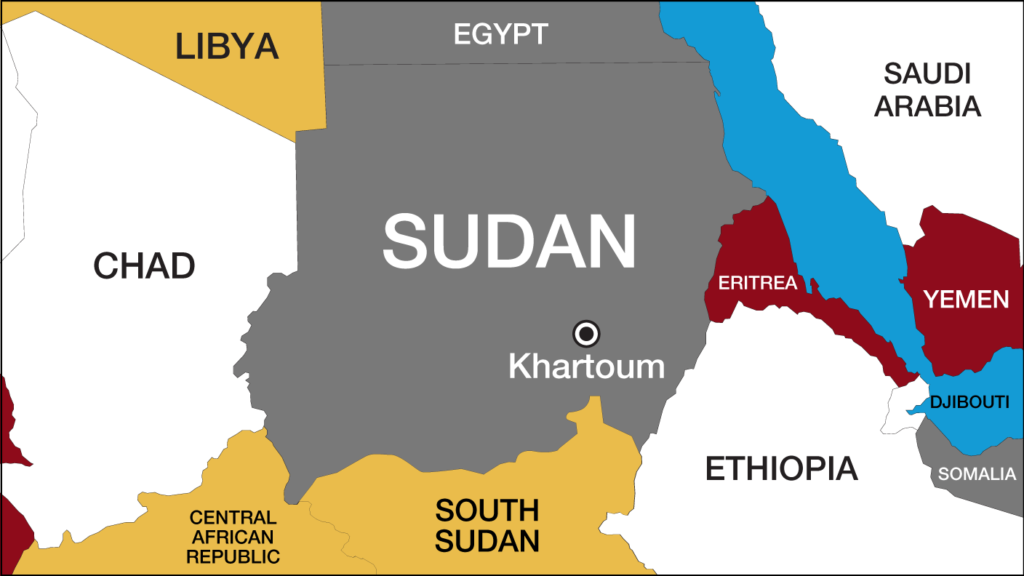Sudanese PM vows to protect Ethiopian refugees streaming into Sudan
The head of the United Nations High Commission for Refugees (UNHCR) visited…
Violence, insecurity continue to plague South Sudan communities
Over 1,000 people have been killed and more than 400 abducted in…
25,000 people fleeing fighting in Ethiopia’s Tigray Region arrive in Sudan
Some 25,000 refugees fleeing the fighting in Ethiopia’s Tigray Region have arrived…
Clashes over cattle leave 16 civilians dead in South Sudan
Bona Panek Biar, governor of Warrap on Wednesday said 16 civilians were…
U.S. grants $20 million to buy wheat to help Sudanese people
The U.S. Agency for International Development (USAID) has announced the intention of…
Sudan closes border with Ethiopia over Tigray Region tension
Sudan’s Kassala State has closed its border with Ethiopia until further notice,…
Ethiopia, Sudan, Egypt to resume talks on renaissance Dam on Tuesday – AU
The leaders of Ethiopia, Egypt and Sudan will hold the next round…
South Sudan abandons plans to introduce new currency
South Sudan said it had reversed its plans to introduce a new…
U.S. deeply concerned by attack on WFP convoy in South Sudan
The United States says it is “deeply concerned” by Monday’s attack on…
Sudanese Gov’t voices commitment to implementing peace deal
The Sudanese government on Thursday voiced commitment to implementing the peace deal…




